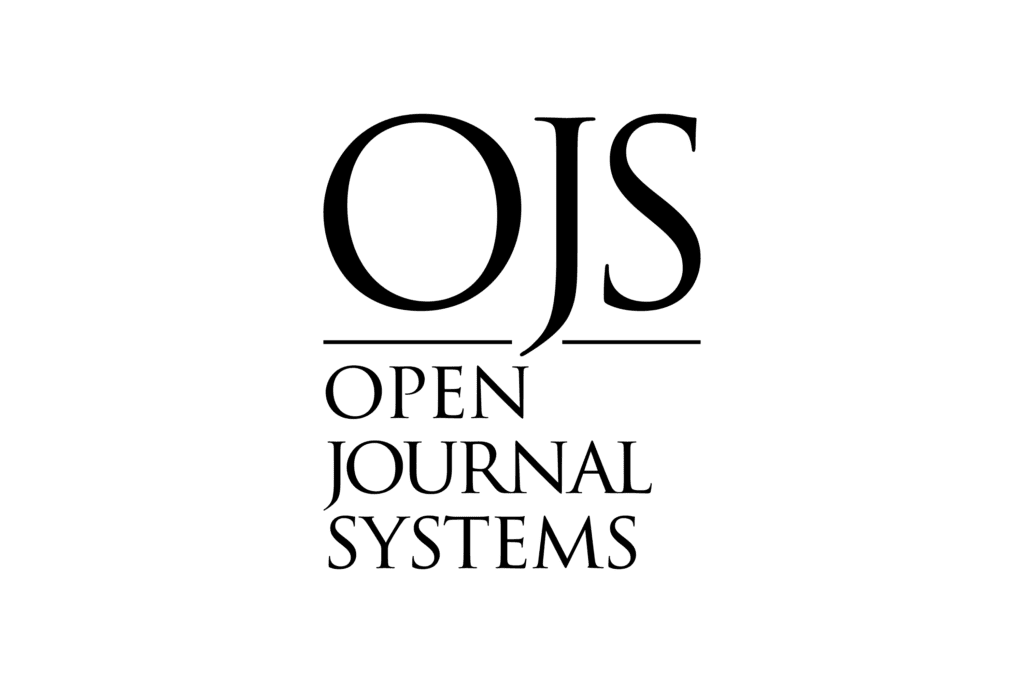The Urgency of Changing Student Behavior in Classroom Learning After the Covid-19 Pandemic
DOI:
https://doi.org/10.61233/zijed.v1i1.5Keywords:
Change, Behavior, Post-pandemic covid 19Abstract
In this study, we wanted to know the urgency of changing student behavior in learning after the Covid-19 pandemic, which has been lived for almost 2 years studying at home or hybrid, and now almost all levels of education have opened face-to-face/offline classes again. There are indications of changes in student behavior when returning to face-to-face learning at school. The purpose of this study was to describe changes in student behavior in face-to-face learning in post-pandemic classes, both in terms of knowledge, attitudes and skills. To answer this, this study used a qualitative descriptive design with interviews conducted with teachers. The result is that there are positive and negative changes in student behavior at the Madrasah Tsanawiyah level. Changes in post-pandemic student behavior must be understood by teachers, parents, and the students themselves so that learning can be carried out better. Technology can indeed facilitate human work, but at least until now technology has not been able to completely replace the teacher's task as face-to-face educators.
Downloads
References
Abidin, Z. (2020). Educational Management of Pesantren in Digital Era 4.0. Jurnal Pendidikan Agama Islam, 17(2), 203-216.
Cahyani, A., Diah Listiana, I., Puteri, S., & Larasati, D. (2020). Motivasi Belajar Siswa SMA pada Pembelajaran Daring di Masa Pandemi Covid-19. IQ (Ilmu Al-Qur’an): Jurnal Pendidikan Islam, 3(01), 123–140. https://doi.org/10.37542/IQ.V3I01.57
Heider, K. L. (2021). Isolation, Burnout, and a Lost Sense of Belonging: Combating the Challenges of Distance Education during a Pandemic. Distance Learning, 18(1), 25– 35.
Illarionova, L. P., Karzhanova, N. V., Ishmuradova, A. M., Nazarenko, S. V., Korzhuev, A.
V., & Ryazanova, E. L. (2021). Student Attitude to Distance Education: Pros and Cons. Cypriot Journal of Educational Sciences, 16(3), 1319–1327. https://doi.org/10.18844/cjes.v16i3.5857
Kasali, R. (2022). Celaka, Anak Kita Berubah Pasca Kembali ke Sekolah - YouTube.
Reza, Annisa S., & Nora, D. A. (2022). Penggunaan Media Internet Sebagai Sumber Belajar di Kalangan Peserta Didik Kelas XII IPS di SMA Pertiwi 1 Padang Pada Masa Pandemi Covid-19. Naradidik: Journal of Education and Pedagogy, 1(1), 11– 19. https://doi.org/10.24036/NARA.V1I1.4
Youtube. https://www.youtube.com/watch?v=HDxH30N7giU&t=398s
Khurriyati, Y., Setiawan, F., & Binti Mirnawati, L. (2021). Dampak pembelajaran daring terhadap hasil belajar siswa mi muhammadiyah 5 Surabaya. Jurnal Ilmiah Pendidikan Dasar, 8(1), 91–104. https://doi.org/10.30659/PENDAS.8.1.91-104
Latif, I. T. N. R. M., & El Widdah, M. (2022). KOMITMEN ORGANISASI: Sebuah riset mengenai korelasi antara gaya kepemimpinan, budaya organisasi dan kepuasan kerja dengan komitmen organisasi. Zabags Qu Publish.
Lumina. (2020). Higher Ed Budgets for the Post-COVID Era: Now’s Our Chance to Do This Right. Bill & Melinda Gates Foundation.
Nugroho, T. S. A., & Kusumaningrum, M. R. M. (2021). Strategi Pembelajaran Daring Praktik Vokal di Prodi Musik Fakultas Seni Pertunjukan ISI Yogyakarta. Tamumatra: Jurnal Seni Pertunjukan, 4(1). https://doi.org/10.29408/TMMT.V4I1.4018
Putikadyanto, A. P. A., Efendi, A. N., Romadhon, S., Amin, M. B., & Sefrianah, N. A. (2021). Persepsi Siswa terhadap Pembelajaran Bahasa Indonesia Berbasis Daring di SMAN 1 Pasuruan. GHANCARAN: Jurnal Pendidikan Bahasa Dan Sastra Indonesia, 104–116. https://doi.org/10.19105/GHANCARAN.VI.5398
Putikadyanto, A. P. A., Zamahsari, G. K., & Violando, W. A. (2021). Investigating Positive Perceptions of High School Students’ Distance Learning Experiences During a Pandemic. Abjadia, 6(2), 170–181. https://doi.org/10.18860/ABJ.V6I2.13874
Rizvi, Y. S., & Nabi, A. (2021). Transformation of learning from real to virtual: an exploratory-descriptive analysis of issues and challenges. Journal of Research in Innovative Teaching & Learning, 14(1), 5–17. https://doi.org/10.1108/JRIT-10-2020- 0052
Salman, A. M., & Shahadab, F. H. (2022). Obstacles of Teaching Distance Universities Courses in Light of E-Learning Quality Standards. Cypriot Journal of Educational Sciences, 17(4), 1244–1257. https://doi.org/10.18844/cjes.v17i4.7145
Santos, R. A. (2021). Distance Learning in Modern Times: Challenges for Contemporary Solutions. American Association for Adult and Continuing Education.
Shafiyeva, U. (2021). Assessing Students’ Minds: Developing Critical Thinking or Fitting into Procrustean Bed. European Journal of Education (EJE), 4(2), 79–92.
Svobodova, Z., Kursch, M., & Veteska, J. (2021). Problems and Obstacles of Distance Learning in the Point of View of Primary School Teachers in the “COVID Period”. International Association for Development of the Information Society.
Uruk, F. H. (2021). Menguak Kondisi Motivasi Belajar Siswa Dalam Pembelajaran Daring Pada Masa Pandemi COVID-19. Jurnal Inovasi Penelitian, 1(10), 2227–2234. https://doi.org/10.47492/JIP.V1I10.451
Xie, C., Li, C., Sung, S., & Jiang, R. (2022). Engaging Students in Distance Learning of Science with Remote Labs 2.0. IEEE Transactions on Learning Technologies, 15(1), 15–31. https://doi.org/10.1109/TLT.2022.3153005
Downloads
Published
How to Cite
Issue
Section
License
Copyright (c) 2023 ZIJEd; Zabags International Journal Of Education

This work is licensed under a Creative Commons Attribution-NonCommercial-ShareAlike 4.0 International License.











